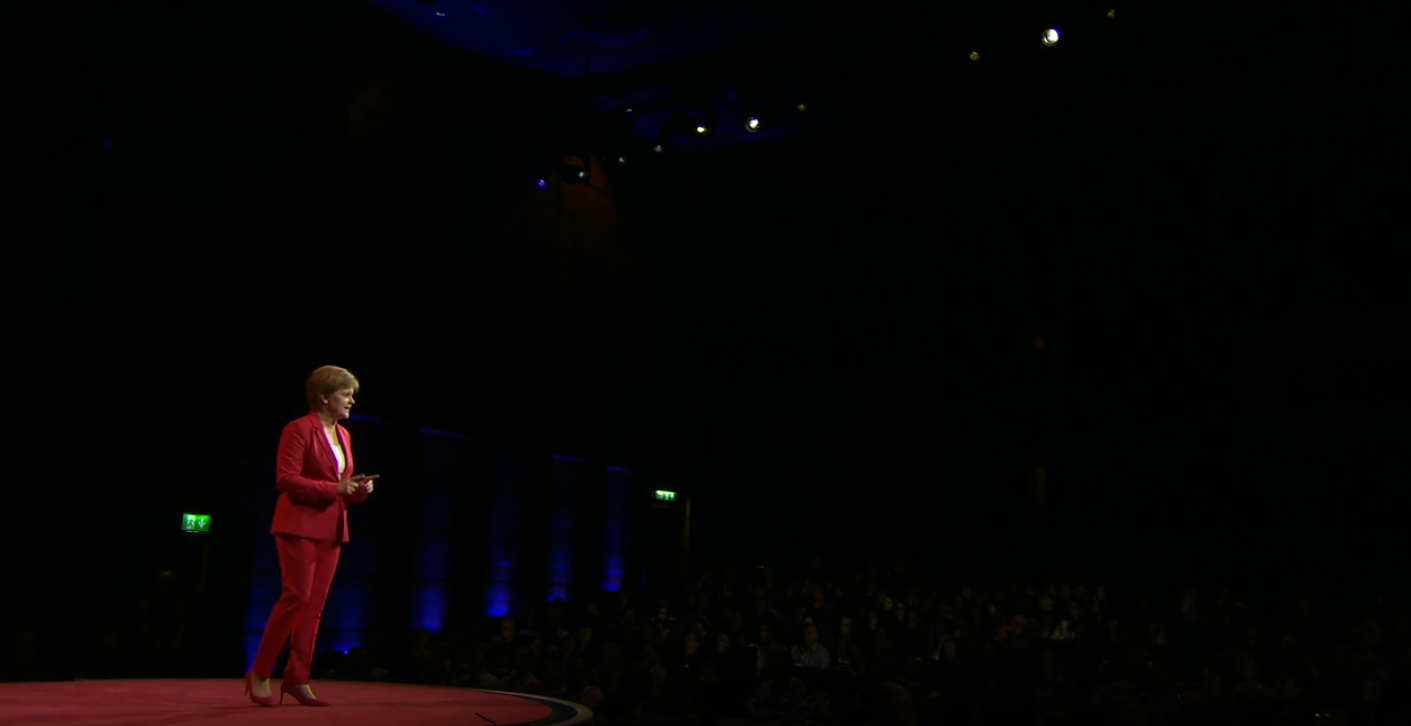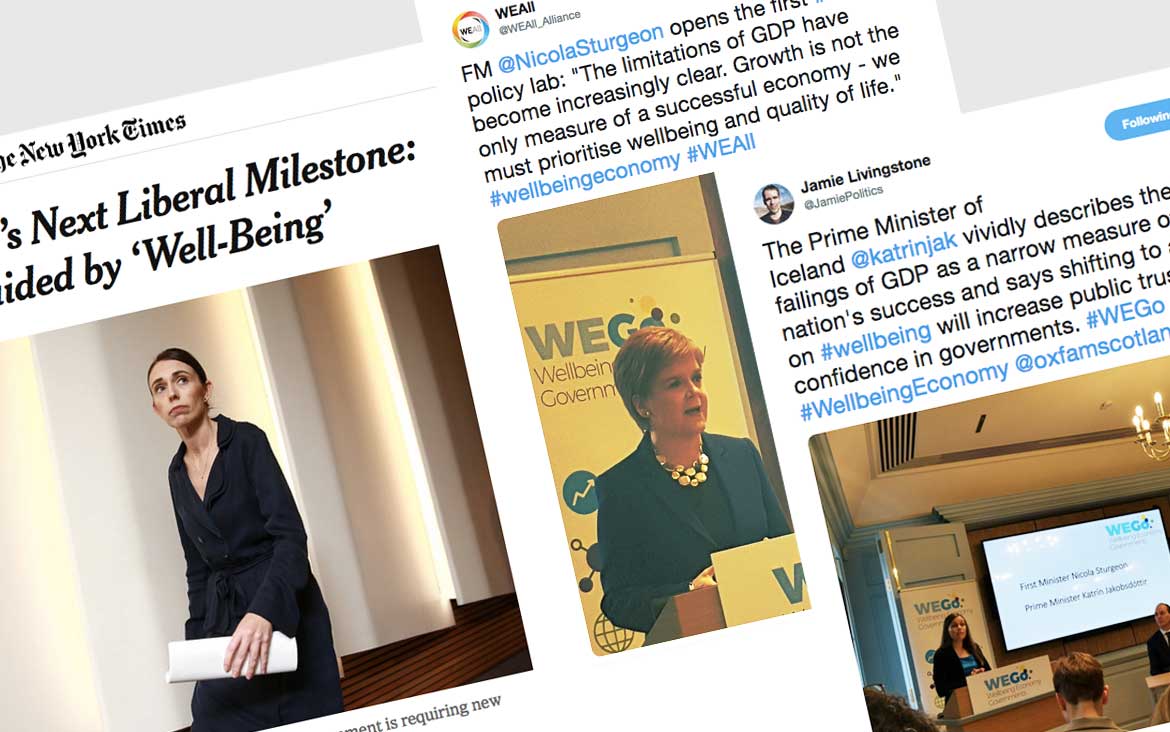In the past weeks and months, we’ve been excited to notice how the Wellbeing Economics Governments have been making progress.
New York Times About New Zealand’s Wellbeing Budget
The most visible example may have been the New York Times article about New Zealand’s Wellbeing Budget. We were excited to see this in part also because in January we had the chance to interview the very same Grant Robertson who is mentioned in the article for our film — he is New Zealand’s Finance Minister. And some of what he told us then was pretty much verbatim repeated in the article. The text provides an inspiring view-from-the-outside picture of what the current New Zealand government is trying to do differently, and it’s encouraging to see that the NYT is taking note.
The First Wellbeing Economy Governments Policy Lab
Even closer to our film’s subject was the first meeting of the WEGo policy lab in Scotland on May 1st of this year — in a house that Adam Smith himself had lived in.
Back in November, we were in South Korea as the WEGo — the Wellbeing Economy Governments initiative — was first publicly presented at the OECD Forum in Incheon. What may be the crucial part of this project is said Policy Lab. If governments want to move towards a holistic approach to Wellbeing of People and Planet, they need to do a lot of things very differently. And that is hard.
So in order to figure out how to make this happen, they are trying to learn from each other, by organising these policy labs. In the words of First Minister Sturgeon:
But we know that we don’t have all the answers. We know that we have got a lot to learn – and a lot to gain – from working with other like-minded countries.
That’s why the Scottish Government established the Wellbeing Economy Governments initiative and it’s why we’re so pleased to be hosting the first of these Policy Labs. And it’s why we’re delighted to have such a wealth expertise represented here today.
Our film’s protagonist Katherine Trebeck attended the opening session, where both the First Minister of Scotland, Nicola Sturgeon, and the Prime Minister of Iceland, Karin Jakobsdottir, gave speeches (New Zealand’s Prime Minister Jacinda Ardern was not at the lab, but NZ sent representatives). And Katherine published a blog post about what that was like, on the Wellbeing Economy Alliance website. Here is how she explains in her text what the WEGo are about:
WEGo is about governments rolling up their sleeves, linking arms, and walking together down a path that sees national success as being defined by the quality of life of citizens rather than the growth rate of a country’s GDP. As the Chief Economist of the Scottish Government said, WEGo is about driving the wellbeing agenda in economic, social, and environmental policy making.
First Minister Sturgeon’s speech from the event is available online, and some of her statements show where the WEGo are headed, particularly when it comes to their stance on the role of the GDP:
GDP has too often come to be seen not just as an indicator of a country’s wealth, but as the main measure of its success.
(…)
As governments, we see the promotion of sustainable and inclusive growth as a vital way of raising living standards for all. But we also understand that growth is only of any real value if it makes people’s lives better, it is not, and never should be seen, as an end in itself. We have to test whether we are creating a fairer, healthier, happier nation in the process.
And then I cannot help but notice: The heads of these three Wellbeing Economy Governments are all strong and inspiring women. I’m beginning to doubt that that’s a coincidence. And instead a sign of a future that needs a lot more female leaders.


